by AC4|February 5th, 2019
AC4 Graduate Fellow Stephanie Regalia was part of a team project in Malawi with the Business and Human Rights Clinic at Columbia Law School. Her project focused on studying large-scale land investments in Malawi and developing investor tools that minimize these disruptions to protect human rights. However, during her time there, she was also able… read more
by AC4|December 6th, 2018
I arrived in Tucson as the sun was setting in colorful splendor against the backdrop of the majestic mountains. But my welcome and entry into the Learning Exchange was even more beautiful and heartwarming.The weekend game me a platform to share the world that has nurtured me: Watts, California— the epicenter of how people continue… read more
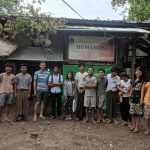
by AC4|November 12th, 2018
Written September 2018 by Benjamin Steiner, AC4 Graduate Student Fellow, upon returning from fieldwork in Myanmar. To many in Rakhine State, Myanmar, “Rohingya” is a pseudonym — a social construction — applied to Bengali illegal immigrants living in a state that rightfully belongs to its namesake Rakhine ethnicity. As evidence, they cite the imposing ruins… read more
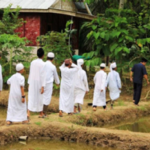
by AC4|October 23rd, 2018
While the rule of law and rehabilitation programs for people convicted to terrorism-related charges are important elements of Counter-Terrorism policy, the life of their family members, such as wives and children, are also affected by societal perception and labeling due to their affiliation to terrorism. “Most of these children had dropped out of school because… read more

by AC4|October 15th, 2018
Anna Larsson is in the Master of International Affairs Program, specializing in both International Conflict Resolution and Gender & Public Policy, at Columbia University’s School of International and Public Affairs. With the AC4 Fellowship award, she was a Women, Peace and Security (WPS) intern at the conflict prevention NGO Belun in Dili, Timor-Leste. Can the Fear of Doing… read more
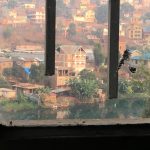
by AC4|October 12th, 2018
People prefer to punish rape and stealing more severely, but wife-beating less severely in the wake of armed conflict. This is what I found from implementing a series of 80 focus groups with a local research organization two years ago in eastern Democratic Republic of Congo. This summer, in 2018, I returned to work with… read more
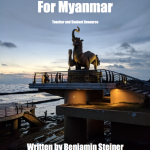
by AC4|October 10th, 2018
When I traveled to Rakhine State, Myanmar as a Human Rights education (HRE) curriculum consultant with the support of AC4, I packed light. My two duffle bags contained several drafts of my HRE curriculum packaged neatly in Columbia University binders, some nifty visual aids and teacher training tools, less changes of clothes than I realistically… read more
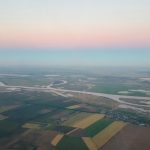
by AC4|October 10th, 2018
Irina Soboleva is a PhD Candidate in Comparative Politics and Cognitive Psychology. She combines field experiments and ethnography to enhance community engagement in polarized societies. Behind the Scenes: Three Lessons from the Field This summer, I have been running a field experiment on civil participation in Eastern Ukraine. In what comes below, I focus on… read more
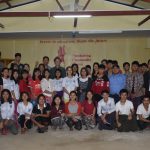
Engaging in data collection in developing contexts is tricky for several reasons, but a primary concern is ensuring that research activities are as valuable, if not more so, for communities as they are for the researcher. Of course, lofty academic goals such as understanding the world around us and separating truth from supposition are valuable… read more
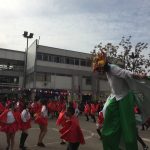
by AC4|September 25th, 2018
Schools are complicated institutions. They have schedules, timetables, and closed rooms where people should be – and not be – at particular times. When this system ‘works’, one should be able to know where everybody is, with who, and doing what. Of course, human life is always more complex than that. My time in the… read more










